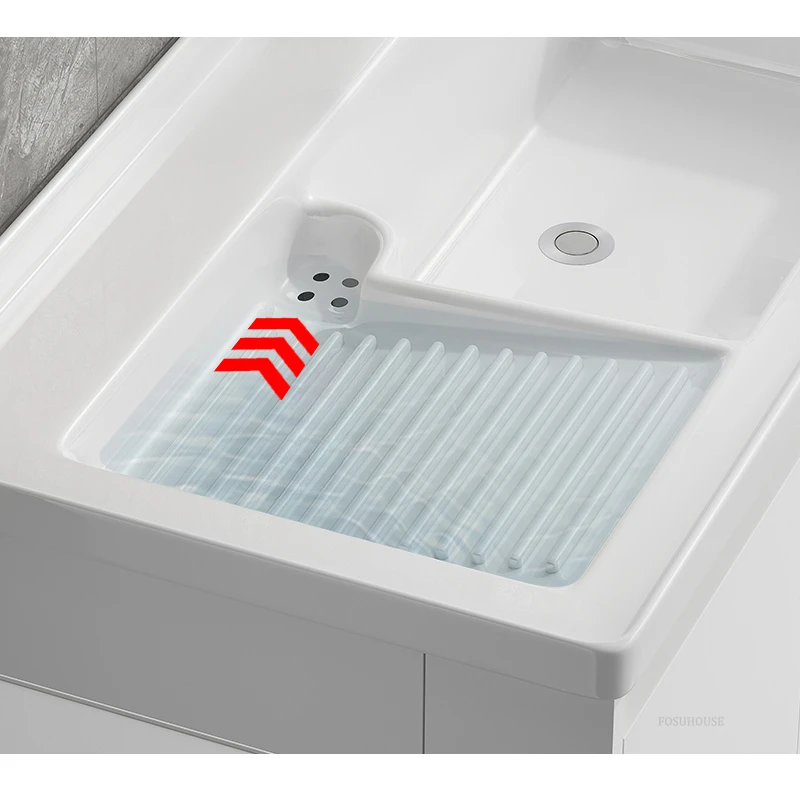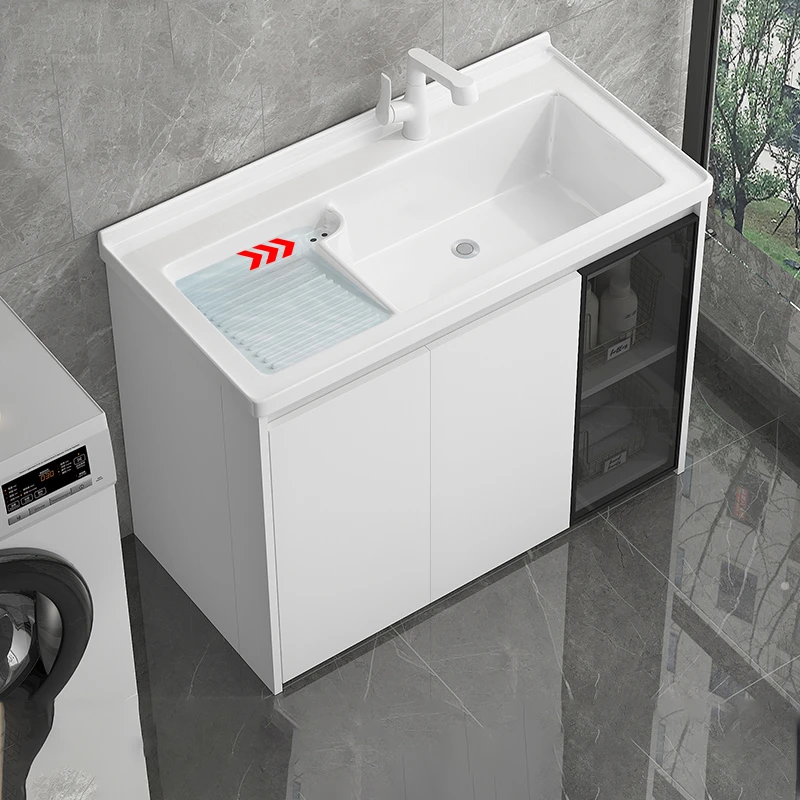The unpleasant odor of sewer gas wafting from your kitchen sink can be a nuisance, impacting the comfort and hygiene of your home. Fortunately, this common issue can often be resolved with a few targeted interventions. In this comprehensive guide, we will explore the causes of sewer smells in kitchen sinks and provide step-by-step solutions to tackle the problem effectively.
Understanding the Source of Sewer Smell
To effectively eliminate the sewer smell from your kitchen sink, it’s crucial to understand what causes this issue. Sewer gas odors typically stem from the buildup of organic matter, food particles, grease, and soap scum within the plumbing system. Over time, these substances can decompose and release unpleasant gases. Additionally, issues such as dried-out P-traps, blockages, or problems with the venting system can exacerbate the odor. Identifying the source of the smell is the first step in addressing the problem effectively.

The Role of the P-Trap
The P-trap is a crucial component of your plumbing system designed to prevent sewer gas from entering your home. This U-shaped pipe traps a small amount of water, creating a barrier that blocks gases from traveling back up through the drain. However, if the P-trap dries out or becomes clogged, it can lose its effectiveness. To check your P-trap, remove any visible debris and ensure it has water in it by running the tap for a few seconds. If the issue persists, you may need to disassemble the P-trap and clean it thoroughly.
Clearing Clogs and Blockages
Clogs and blockages in the drainpipe are common culprits of sewer smell. Food scraps, grease, and soap can accumulate over time, leading to reduced water flow and trapping odors within the pipe. Start by using a plunger to dislodge any visible blockages. If this doesn’t work, try pouring a mixture of baking soda and vinegar down the drain. Let it sit for a few minutes, then flush with hot water. For more stubborn clogs, you might need to use a drain snake or seek professional plumbing services.
Cleaning the Garbage Disposal
If your kitchen sink is equipped with a garbage disposal, it could be the source of the odor. Food particles can get trapped in the disposal, decompose, and release unpleasant smells. To clean your garbage disposal, start by turning it off and removing any large debris manually. Next, pour a mixture of ice cubes and coarse salt into the disposal and run it for a few seconds. The abrasive action will help dislodge any stuck particles. Follow up by grinding lemon or orange peels to neutralize any remaining odors and leave a fresh scent.
Inspecting and Cleaning the Sink Overflow
Many kitchen sinks have an overflow hole intended to prevent water from spilling if the sink becomes too full. However, this feature can also trap debris and become a source of bad smells. To clean the overflow, you can use a flexible brush or pipe cleaner. Insert the tool into the overflow hole and scrub to remove any buildup. Pour hot water down the overflow hole to flush out any remaining debris, effectively eliminating any trapped odors.
Ensuring Proper Ventilation
Proper ventilation is essential for preventing sewer gases from being trapped in your plumbing system. A blocked or poorly functioning vent pipe can cause these gases to accumulate and seep into your home. Inspect your roof vent for obstructions such as leaves, bird nests, or debris. If you’re uncomfortable doing this yourself, hire a professional plumber to check and clear the vent pipe. Ensuring your plumbing system is well-ventilated will help maintain the air quality in your home and prevent future odor issues.

Regular Maintenance Practices
Preventive maintenance is key to keeping your kitchen sink odor-free. Regularly clean your drain with a mixture of baking soda and vinegar followed by hot water to keep pipes clear and odor-free. Avoid pouring grease or oil down the sink as these substances can solidify and block pipes. Use a sink strainer to catch food particles and dispose of them in the trash instead of the drain. Incorporating these simple practices into your routine can significantly reduce the risk of sewer smells and keep your kitchen sink clean and fresh.
Using Commercial Cleaning Products
If DIY solutions do not resolve the issue, consider using commercial cleaning products designed specifically for drain and pipe cleaning. Enzyme-based cleaners are particularly effective as they break down organic matter and eliminate odors at the source. Follow the manufacturer’s instructions for the best results, and ensure you use the products safely. Additionally, avoid combining different cleaning agents, as this can cause harmful chemical reactions. Commercial products can be a powerful tool in your arsenal for maintaining a fresh-smelling kitchen sink.
Professional Plumbing Services
In some cases, the odor may persist despite your best efforts, indicating a more serious underlying issue. Structural problems such as cracked pipes, misaligned fittings, or hidden blockages may require professional intervention. If the odor persists, contact a licensed plumber to conduct a thorough inspection of your plumbing system. A professional can diagnose the problem accurately and suggest appropriate solutions, such as pipe repair or replacement, ensuring the long-term functionality and freshness of your kitchen sink.
Addressing Sewer Smells from Dishwasher Connections
Dishwasher connections can also contribute to sewer smells if not adequately maintained. Ensure that your dishwasher’s drain hose is correctly installed and free from kinks or blockages. The dishwasher drain hose should form a high loop or connect to an air gap to prevent wastewater from backflowing into the dishwasher. Clean the dishwasher filter regularly and run an empty cycle with vinegar to eliminate any lingering odors. Proper maintenance and installation of dishwasher connections can prevent sewer smells from spreading to your kitchen sink.
Venturing into Natural Remedies
For those who prefer natural remedies, there are several effective options to tackle sewer smells in your kitchen sink. A mixture of hot water, baking soda, and vinegar can help dissolve buildup and neutralize odors. Essential oils such as tea tree or eucalyptus oil have antimicrobial properties and can leave a pleasant scent. Simply add a few drops of essential oil to the baking soda and vinegar solution before pouring it down the drain. Natural remedies are not only eco-friendly but also safe for your plumbing and septic systems.
Preventing Future Odors
After successfully eliminating the sewer smell from your kitchen sink, take proactive steps to prevent it from returning. Implement a regular cleaning routine, avoid disposing of inappropriate substances down the drain, and address minor issues promptly before they escalate. Educate your household members on good plumbing practices to ensure everyone contributes to maintaining an odor-free kitchen sink. Consider scheduling annual inspections with a professional plumber to catch potential problems early and keep your plumbing system in optimal condition.
Addressing Septic System Issues
If your home is connected to a septic system, issues with this system can also cause sewer smells to emanate from your kitchen sink. Regular maintenance of the septic system, including pumping the tank every three to five years, is essential for preventing backups and odors. Avoid using harsh chemicals that can disrupt the bacterial balance in the septic tank. If you suspect a septic system problem, contact a septic service professional to inspect and service your system. Proper septic system care is crucial for maintaining a healthy and odor-free plumbing system.

Educating on Waste Disposal
Proper waste disposal habits are crucial for maintaining a fresh kitchen sink. Educate everyone in your household about the importance of not pouring fats, oils, and grease down the drain as these substances can solidify in the pipes and cause blockages. Encourage the use of a compost bin for organic waste and a trash can for non-compostable items. By fostering good waste disposal habits, you can prevent clogs and buildup that contribute to sewer smells in the kitchen sink.
Monitoring for Other Warning Signs
While addressing sewer smells, be vigilant for other warning signs that may indicate more serious plumbing issues. Slow draining sinks, gurgling sounds, frequent clogs, or water backing up are red flags that warrant further investigation. These symptoms could point to problems such as partial blockages, venting issues, or sewer line damage. Early detection and timely intervention can prevent minor problems from escalating into costly repairs. Regularly monitoring your plumbing system for these signs will help maintain its health and efficiency.
Conclusion: A Fresh and Functioning Kitchen Sink
Eliminating sewer smell from your kitchen sink effectively requires a comprehensive approach that addresses the root causes, implements preventive measures, and utilizes available resources. By understanding the source of the odor, maintaining your plumbing system, and fostering good waste disposal habits, you can ensure a fresh and pleasant kitchen environment. Regular maintenance, professional assistance, and leveraging technology further enhance your ability to keep your kitchen sink odor-free. With these strategies, you can enjoy a hygienic, fresh, and functional kitchen sink, contributing to the overall comfort and health of your home.


